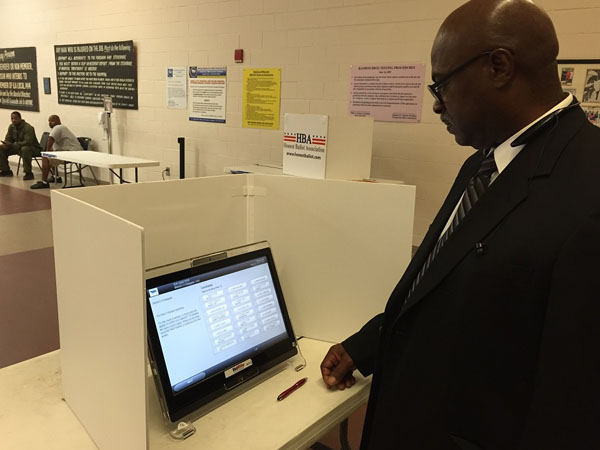
As technology continues to advance, its role in democratic processes is becoming increasingly pivotal. Electronic voting systems, in particular, have emerged as a revolutionary tool in enhancing voter participation. By simplifying the voting process and removing barriers to participation, these systems have a profound impact on voter turnout. In this post, we explore the various ways electronic voting systems influence voter engagement and the overall health of democratic processes.
Accessibility and Convenience

- Electronic voting systems facilitate remote voting, enabling voters to participate from anywhere, at any time.
- This level of convenience significantly broadens the scope of participation, especially for individuals with mobility constraints or those residing in remote areas.
Reducing Complexity
- The user-friendly interfaces of electronic voting systems simplify the voting process, removing complexity that may deter potential voters.
- Clear instructions and intuitive design can encourage higher voter turnout by making the process less daunting.
Increased Speed and Efficiency
- Results from electronic voting are instant and accurate, eliminating long waiting times for results that can deter voter participation.
- Voters can see the impact of their vote immediately, increasing their motivation to participate.
Security and Trust
- Modern electronic voting systems ensure secure voting and accurate results, fostering trust in the voting process.
- With heightened trust, voters are more likely to participate in the electoral process.
Honest Ballot specializes in state-of-the-art electronic voting systems designed to enhance voter participation. With a focus on accessibility, security, and efficiency, our systems are poised to significantly increase voter turnout in your organization.
Want to leverage the power of electronic voting to boost voter engagement in your elections? Call us at 1-800-541-1851. Let’s shape the future of democracy together.







